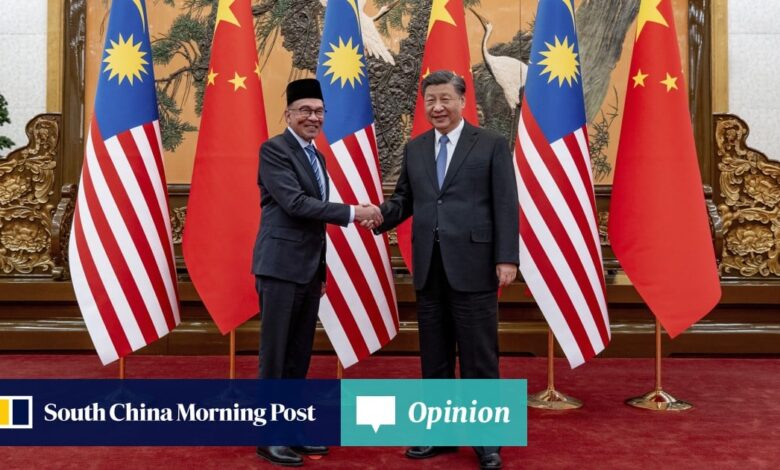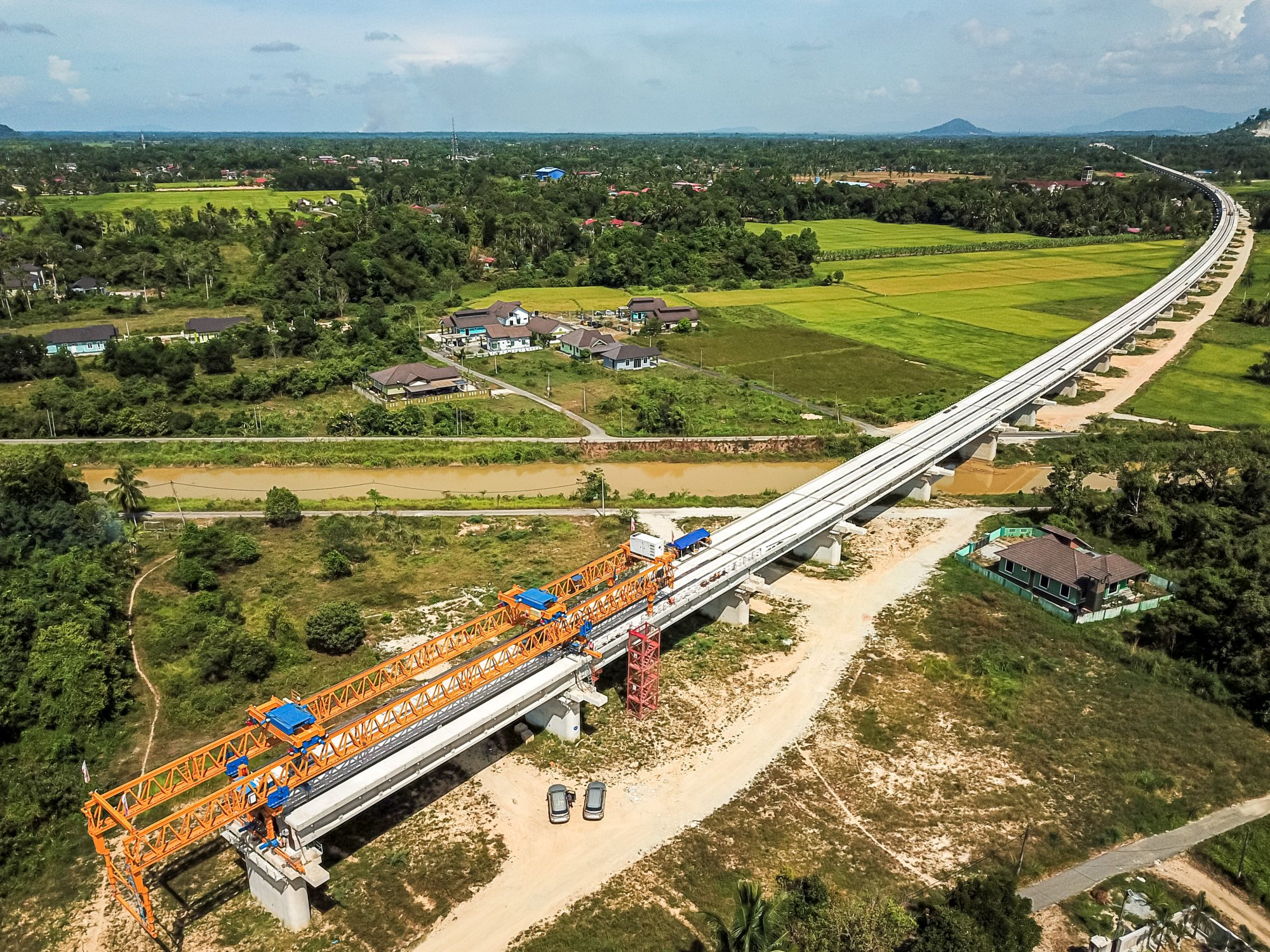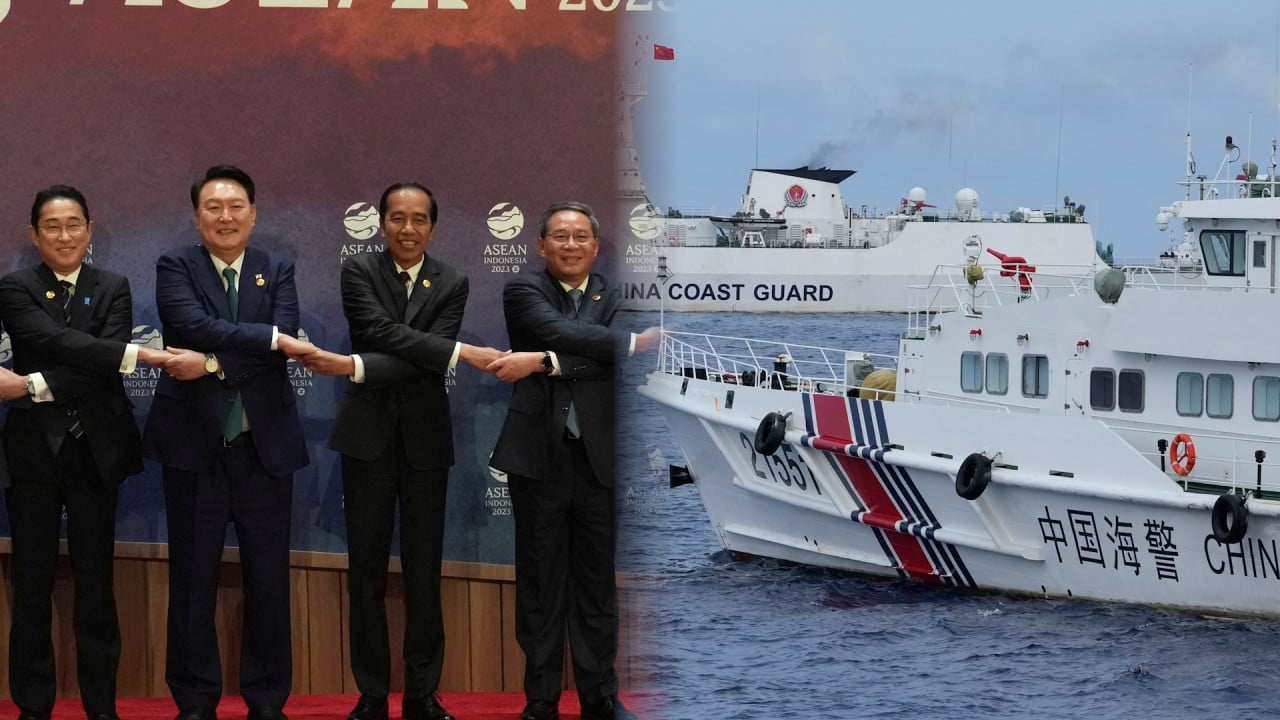Opinion: How Malaysia and China can deepen ties amid South China Sea disputes and US-China rivalry

As Prime Minister Anwar Ibrahim noted in a recent interview, “given the new challenges in global geopolitics, it is important that Malaysia interacts more with China, an important neighbour and trading partner”. China and Malaysia must look beyond trade and investment as their bridges – technology, sustainability and culture are also vital avenues for deeper cooperation.

For a start, Malaysia’s young and promising technology ecosystem can provide an alternative manufacturing hub for Chinese companies wary of being caught between trade curbs or US restrictions.
Rather than importing top scientists and engineers to work in China – causing a brain drain in Southeast Asia – tech giants and unicorns should invest in technological infrastructure and research facilities in Malaysia, cultivating home-grown capabilities and genuinely disseminating knowledge.
This would enable small and medium-sized enterprises and innovators in Malaysia to develop a greater understanding of and appreciation for the Chinese market. China’s growing middle class also stands to gain from a wider range of consumer products and innovation.
Such innovation would also be essential in both countries’ shared drive to transition away from non-renewables towards a more sustainable future. Malaysia is a rapidly rising player in green finance, with over 90 per cent of its financial institutions offering at least one sustainable product. China also has a world-class green bond market, with Hong Kong leading the charge.
Hong Kong’s ESG strength can help Malaysia grow Islamic finance sector: Zafrul
Hong Kong’s ESG strength can help Malaysia grow Islamic finance sector: Zafrul
People-to-people exchanges, through academic and cultural exchanges, are key in broadening the relationship. While a recent poll found that 67 per cent of ethnic Chinese in Malaysia had a strongly “favourable” view of China, only a minority of all the other ethnic groups felt the same.

Significantly increasing the numbers of Chinese and Malaysians studying and researching in each other’s countries will improve mutual understanding in the educated middle classes.
Hosting more regular collaborations and exchanges between art groups and independent artists could be a helpful start.
More frequent dialogue between the foreign policy communities of China and Malaysia is pivotal in clearing up misunderstandings and preventing accidental altercations.
Ultimately, deepening Sino-Malaysian ties amid geopolitical tensions, climate change and political polarisation requires diversification of the areas of cooperation, and an amplification of convergence in the interests of both countries.
Brian Y.S. Wong is an assistant professor in philosophy at the University of Hong Kong, and a Rhodes Scholar and adviser on strategy for the Oxford Global Society
Syed Nizamuddin Bin Sayed Khassim is an assistant secretary at the Ministry of Foreign Affairs, Malaysia. This article reflects his personal views and is not a statement of the Malaysian government’s position




